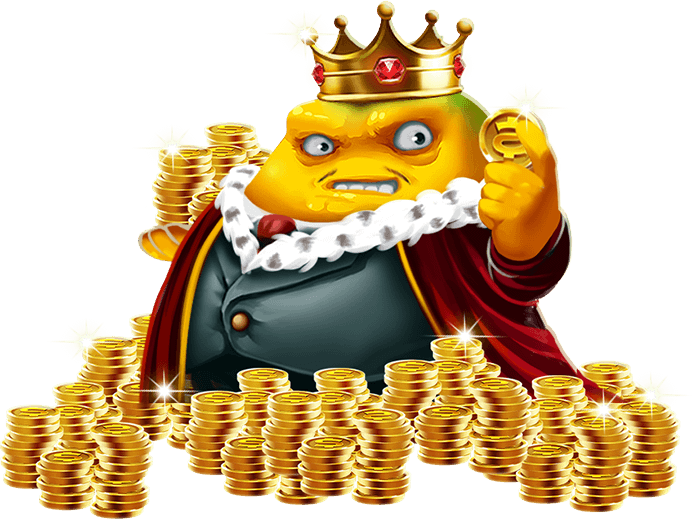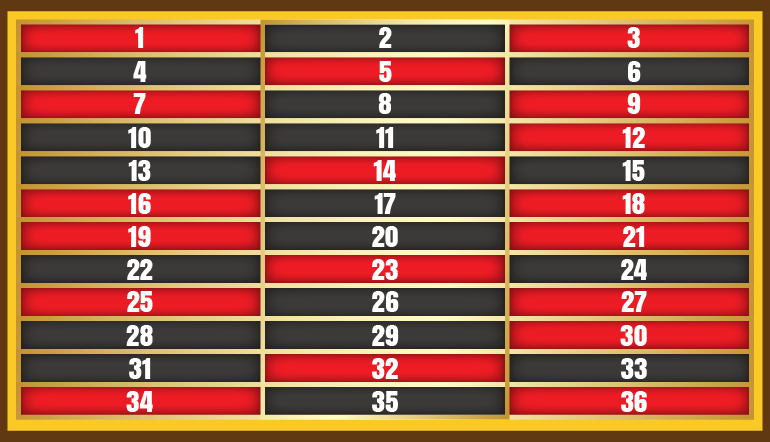How Are Slot Machine Payouts Determined
The gaming industry is big business in the U.S., contributing an estimated US$240 billion to the economy each year, while generating $38 billion in tax revenues and supporting 17 million jobs.
What people may not realize is that slot machines, video poker machines and other electronic gaming devices make up the bulk of all that economic activity. At casinos in Iowa and South Dakota, for example, such devices have contributed up to 89 percent of annual gaming revenue.
- The one general rule of thumb that you should always keep in the forefront of you mind is that the higher the payout percentages on offer on any slot game you play, the more winning payouts you are going to be rewarded with when playing those higher paying slots over the long term.
- In order to calculate payout percentage on a slot machine with completely random RNG (Random Number Generator), you need to know 2 things beforehand: occurrence of all symbols on each reel and paytable. In a very simplistic example suppose we have a slot machine with 3 reels and with only 2 symbols.
- Slot games are no different. Each slot machine in an online or offline casino will have a house edge. This is the amount the casino would expect to win if you were to spin the reels of a game about a million times, for example. Not all slot games are created equally, however. One example of this is the fact that the house edge is usually much.
Spinning-reel slots in particular are profit juggernauts for most casinos, outperforming table games like blackjack, video poker machines and other forms of gambling.
But you can at least get an idea of how companies go about creating payout percentages before slot machines hit the casino floor. It's important to note that a payout percentage isn't truly realized until hundreds of thousands of spins, or more. Sometimes you can win big in a game right away, thus far exceeding the stated payback.
What about slot machines makes them such reliable money makers? In part, it has something to do with casinos’ ability to hide their true price from even the savviest of gamblers.
The price of a slot
An important economic theory holds that when the price of something goes up, demand for it tends to fall.
But that depends on price transparency, which exists for most of the day-to-day purchases we make. That is, other than visits to the doctor’s office and possibly the auto mechanic, we know the price of most products and services before we decide to pay for them.
Slots may be even worse than the doctor’s office, in that most of us will never know the true price of our wagers. Which means the law of supply and demand breaks down.

Casino operators usually think of price in terms of what is known as the average or expected house advantage on each bet placed by players. Basically, it’s the long-term edge that is built into the game. For an individual player, his or her limited interaction with the game will result in a “price” that looks a lot different.
For example, consider a game with a 10 percent house advantage – which is fairly typical. This means that over the long run, the game will return 10 percent of all wagers it accepts to the casino that owns it. So if it accepts $1 million in wagers over 2 million spins, it would be expected to pay out $900,000, resulting in a casino gain of $100,000. Thus from the management’s perspective, the “price” it charges is the 10 percent it expects to collect from gamblers over time.
Individual players, however, will likely define price as the cost of the spin. For example, if a player bets $1, spins the reels and receives no payout, that’ll be the price – not 10 cents.

How Are Slot Machine Payouts Determined Casinos
So who is correct? Both, in a way. While the game has certainly collected $1 from the player, management knows that eventually 90 cents of that will be dispensed to other players.
A player could never know this, however, given he will only be playing for an hour or two, during which he may hope a large payout will make up for his many losses and then some. And at this rate of play it could take years of playing a single slot machine for the casino’s long-term advantage to become evident.
Short-term vs. long-term
This difference in price perspective is rooted in the gap between the short-term view of the players and the long-term view of management. This is one of the lessons I’ve learned in my more than three decades in the gambling industry analyzing the performance of casino games and as a researcher studying them.
Let’s consider George, who just got his paycheck and heads to the casino with $80 to spend over an hour on a Tuesday night. There are basically three outcomes: He loses everything, hits a considerable jackpot and wins big, or makes or loses a little but manages to walk away before the odds turn decidedly against him.
Of course, the first outcome is far more common than the other two – it has to be for the casino to maintain its house advantage. The funds to pay big jackpots come from frequent losers (who get wiped out). Without all these losers, there can be no big winners – which is why so many people play in the first place.
Specifically, the sum of all the individual losses is used to fund the big jackpots. Therefore, to provide enticing jackpots, many players must lose all of their Tuesday night bankroll.
What is less obvious to many is that the long-term experience rarely occurs at the player level. That is, players rarely lose their $80 in a uniform manner (that is, a rate of 10 percent per spin). If this were the typical slot experience, it would be predictably disappointing. But it would make it very easy for a player to identify the price he’s paying.
Raising the price
Ultimately, the casino is selling excitement, which is comprised of hope and variance. Even though a slot may have a modest house advantage from management’s perspective, such as 4 percent, it can and often does win all of George’s Tuesday night bankroll in short order.
This is primarily due to the variance in the slot machine’s pay table – which lists all the winning symbol combinations and the number of credits awarded for each one. While the pay table is visible to the player, the probability of producing each winning symbol combination remains hidden. Of course, these probabilities are a critical determinant of the house advantage – that is, the long-term price of the wager.
This rare ability to hide the price of a good or service offers an opportunity for casino management to raise the price without notifying the players – if they can get away with it.
Casino managers are under tremendous pressure to maximize their all-important slot revenue, but they do not want to kill the golden goose by raising the “price” too much. If players are able to detect these concealed price increases simply by playing the games, then they may choose to play at another casino.
This terrifies casino operators, as it is difficult and expensive to recover from perceptions of a high-priced slot product.
Getting away with it
How Are Slot Machine Payouts Determined
Consequently, many operators resist increasing the house advantages of their slot machines, believing that players can detect these price shocks.
Our new research, however, has found that increases in the casino advantage have produced significant gains in revenue with no signs of detection even by savvy players. In multiple comparisons of two otherwise identical reel games, the high-priced games produced significantly greater revenue for the casino. These findings were confirmed in a second study.
Further analysis revealed no evidence of play migration from the high-priced games, despite the fact their low-priced counterparts were located a mere 3 feet away.
How Are Slot Machine Payouts Determined Race
Importantly, these results occurred in spite of the egregious economic disincentive to play the high-priced games. That is, the visible pay tables were identical on both the high- and low-priced games, within each of the two-game pairings. The only difference was the concealed probabilities of each payout.
How Are Slot Machine Payouts Determined Wins
Armed with this knowledge, management may be more willing to increase prices. And for price-sensitive gamblers, reel slot machines may become something to avoid.